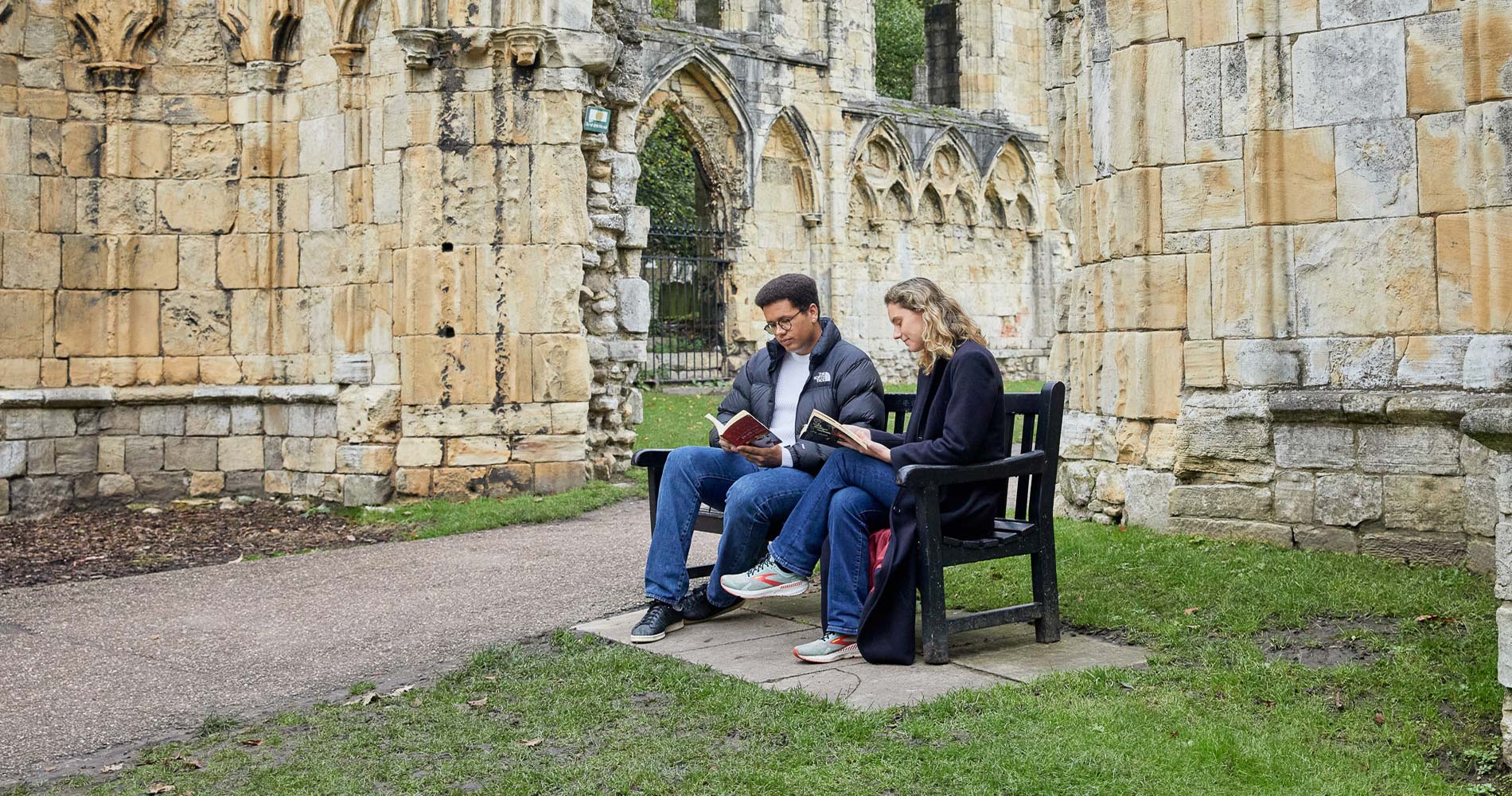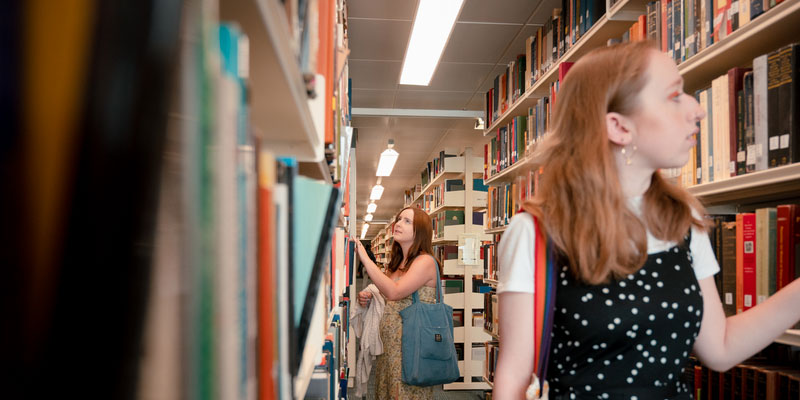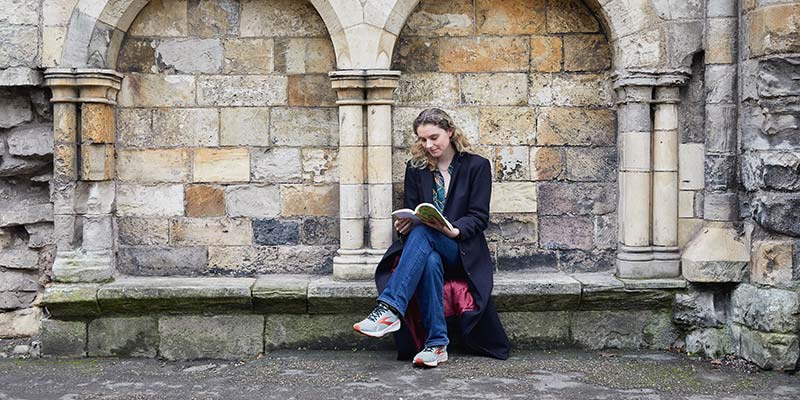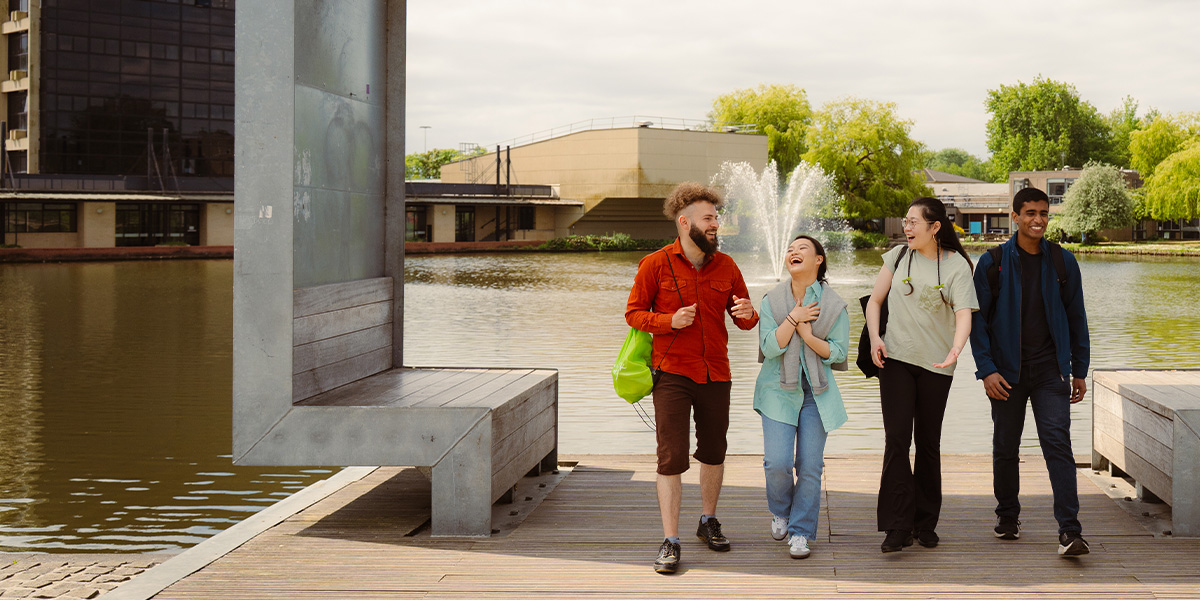We offer an extraordinarily wide range of taught MA programmes, which reflects the Department's research culture as well as the diversity of our staff, postgraduate community and research interests.
Why study English at York?
Postgraduate study in English is incredibly flexible. You'll be able to study literature across a broad range of major historical periods, or specialise in medieval, renaissance, eighteenth-century and romantic, Victorian, or modern and contemporary literature. Alternatively, you can study thematically, investigating film, poetry or the cultural and creative industries.






